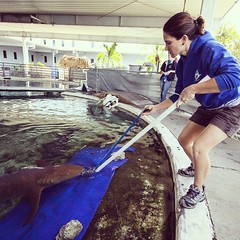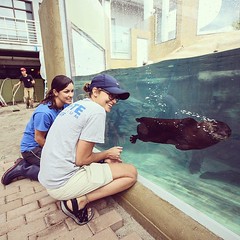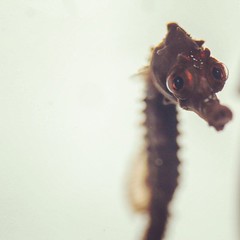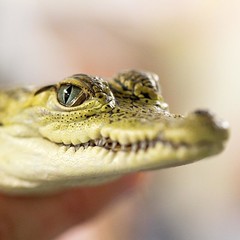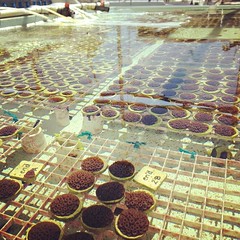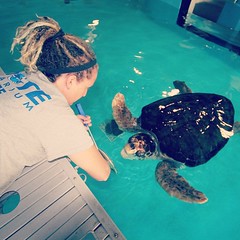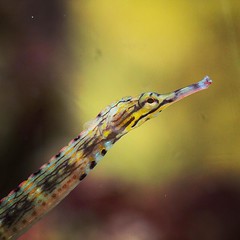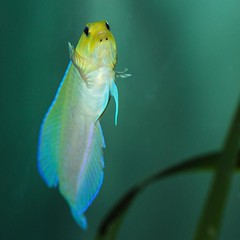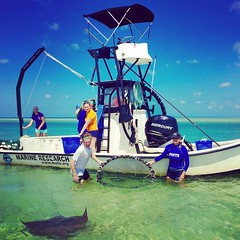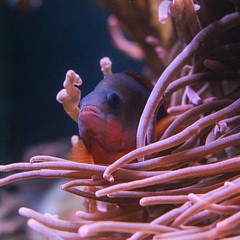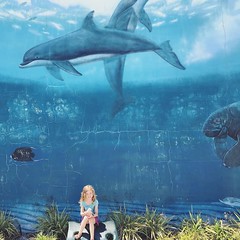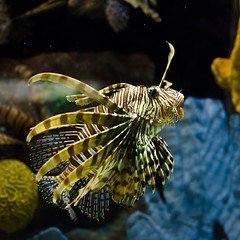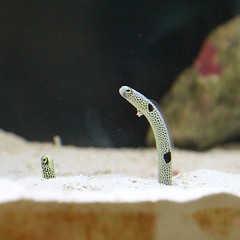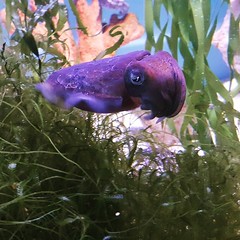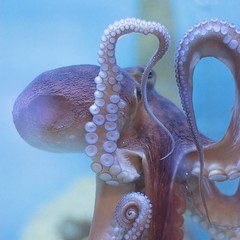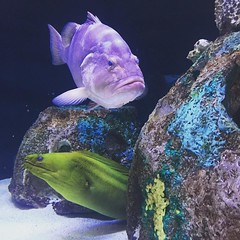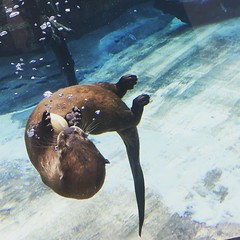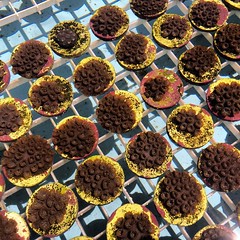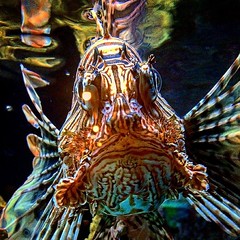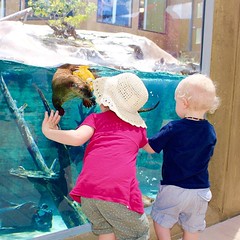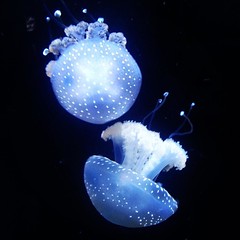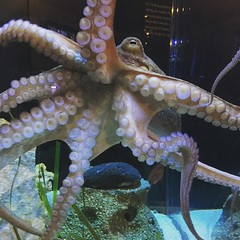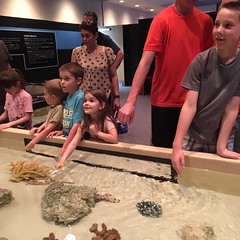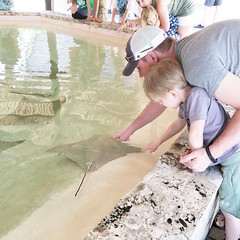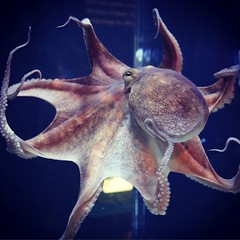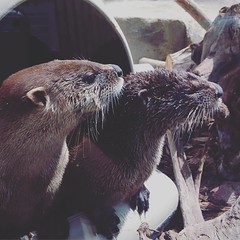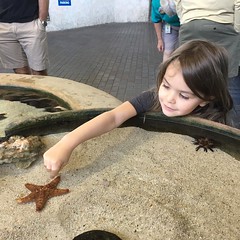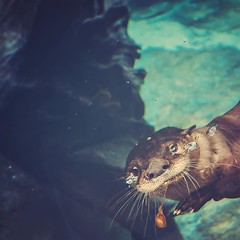1600 Ken Thompson Parkway
Sarasota, FL 34236
Ph: (941) 388-4441
Hours: 10AM - 5PM
A 501(c)3 nonprofit organization.
Petey
Green (Chelonia mydas)
(ST 1060)
| Age Class | Juvenile |
| Gender | Unknown |
| Date Stranded | March 4, 2010 |
| Location of Stranding | Anna Maria Island |
| Date of Arrival | March 4, 2010 |
| Number of Days of Care | 78 |
Final Disposition
Euthanized May 21, 2010
3/6/2010 This small green sea turtle stranded on Anna Maria Island and was transported to Mote by AMI Turtle Watch volunteers. Turtle is very thin, covered with small barnacles, and has multiple papilloma tumors. Bloodwork shows severely low glucose and electrolyte abnormalities. Petey was kept dry-docked overnight, but has been placed in shallow fresh water today. Turtle is breathing adequately, but is not very active. 3/16 Petey's bloodwork is normalizing, but he is still not interested in eating. Force feeding is very difficult, as the turtle is still incredibly strong. 3/25 Turtle is still not eating. Have been offering sea grass and recently tried a jellyfish — turtle bit at the jelly, but did not actually eat it. Water level has been raised and the turtle is breathing well and a little more active. Still not stable enough for surgery to remove the tumors. 4/2 Petey has started eating jellyfish sporadically, and appears to be eating seagrass. Still not interested in solid food items, so remains on injectable medications. Petey has been moved into a deeper tank along with Haley and Bob Marley (other green pap turtles of roughly his size), and is swimming normally. 4/17 Petey had surgery April 10 to remove some of his tumors. He recovered from anesthesia fine but is still not interested in eating. Condition is very guarded. 5/12 Petey is hanging in there, but still will not eat anything offerred beyond the occasional jellyfish and seagrass. Turtle is subsequently losing weight and struggling to maintain adequate blood glucose levels, so is being given supplements through injectable fluids. An MRI was performed that showed no obvious internal issues aside from some decreased intestinal movement, which has been treated with medication. 5/25 Petey has continued to deteriorate medically, and has never been interested in food. Radiographs were taken again last week, which showed some new abnormalities in the turtle's lungs and we performed a bronchoscopy procedure. We saw lesions throughout the lungs. Combined with the bloodwork abnormalities and poor physical condition, the decision was made to humanely euthanize the turtle. Preliminary necropsy (post-mortem exam) findings indicate extreme emaciation and debilitation — basically, the turtle's systems were shutting down. Reptiles, including sea turtles, tend to be able to survive through illness for a very long time, but unfortunately, this one was beyond our ability to help.

